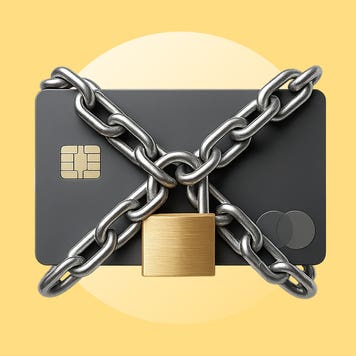Advice for Building Your Credit Score
Rebuilding your credit score can be a challenge that takes months or years to complete — but it's worth it.
Featured by names you know and trust
Latest Articles on Rebuilding Credit

Consumers with poor credit scores can be targets for so-called predatory cards.

Getting into trouble with credit card debt can happen to anyone, but there is hope.

AI could be helpful when it comes to building your credit. Here’s how.

If you’re under 21, you need proof of your income or a co-signer to get a card, but there are other options.

Secured credit cards require a cash security deposit upfront.

Secured credit cards require a cash deposit in exchange for a small line of credit.

Learn how to get approved for a credit card even if you have bad credit.

Maxed out on your credit cards? You’re not alone and help is available.






